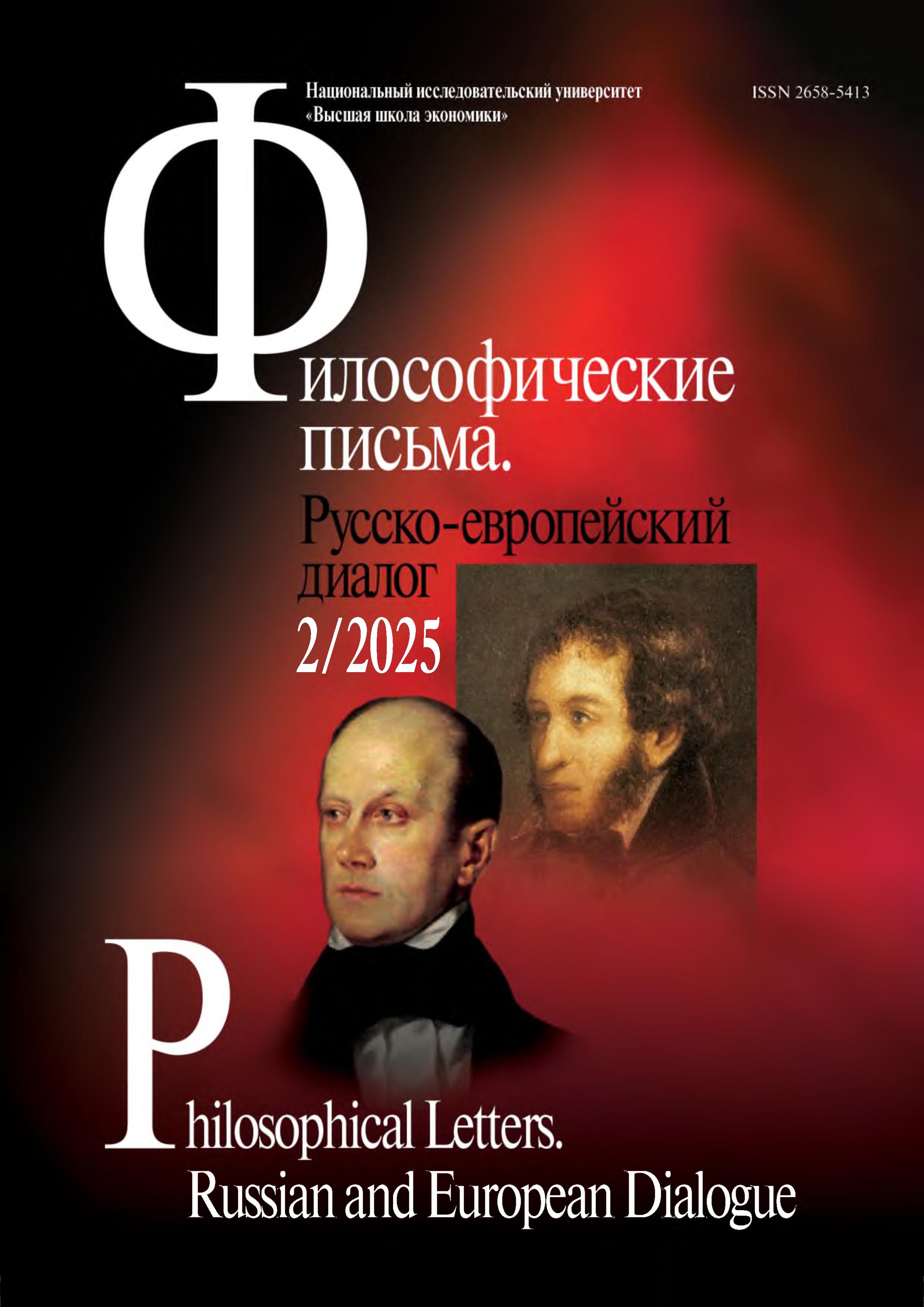‘Another History’?
Abstract
The author argues that due to human amorality and self-will, antihumanistic tendencies have begun to prevail in anthropogenesis. Looking at the present of humanity, there are more and more doubts about whether it is moving along the path of progress, an inevitable progressive movement towards higher forms of sociality and individuation. Hence, the problematic nature of the idea of the “end of history,” a probabilistic process. The immanent evil of the world not only cannot be overcome, but also seems to threaten its very physical existence. Complex problems facing humanity are being solved unsatisfactorily or not at all. Here we have the destruction of the biosphere, the threat of a global nuclear catastrophe, and the degradation of man himself as a spiritual being — the creator of culture. We can, perhaps, talk about signs of the deconstruction of humanity itself.

